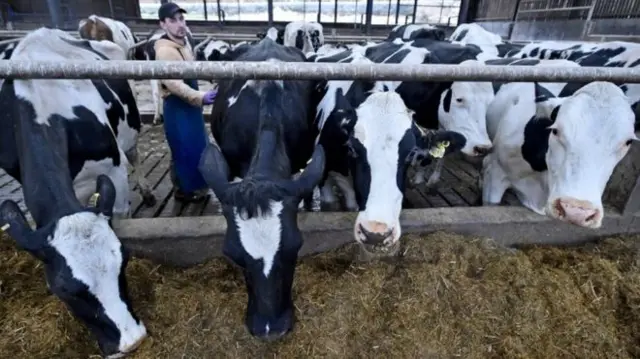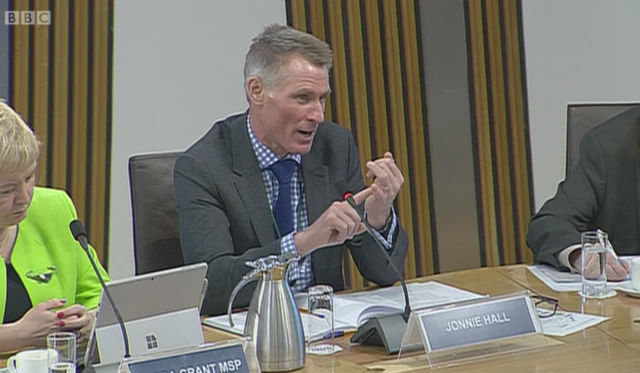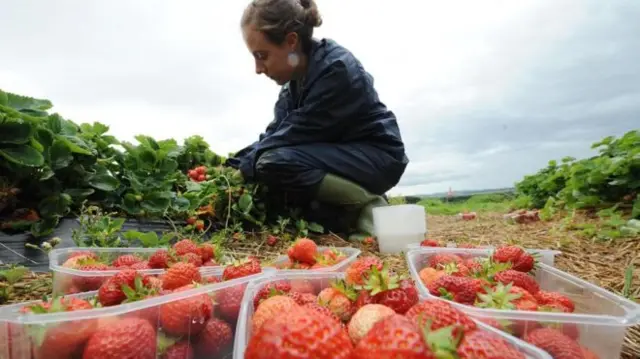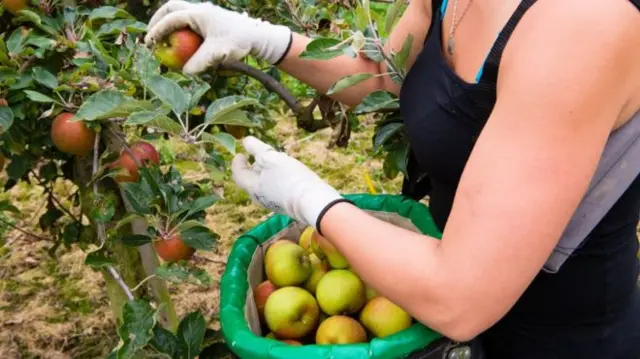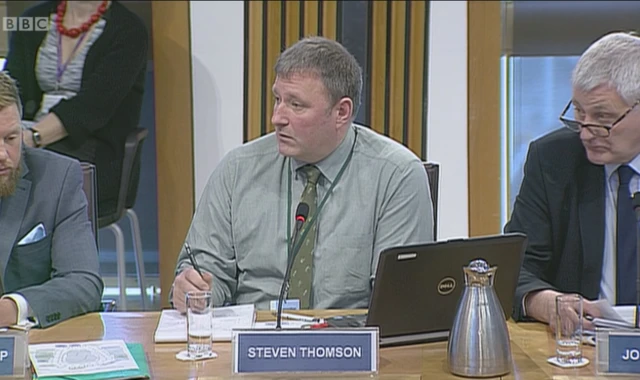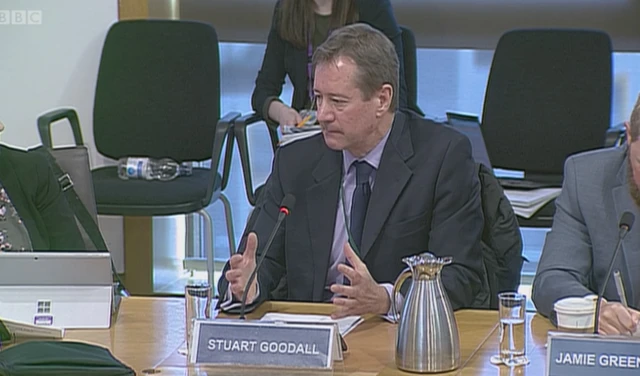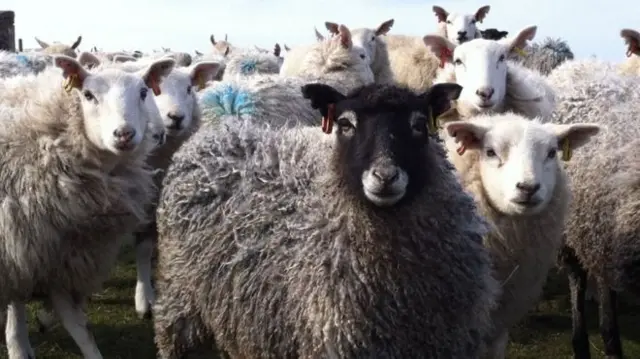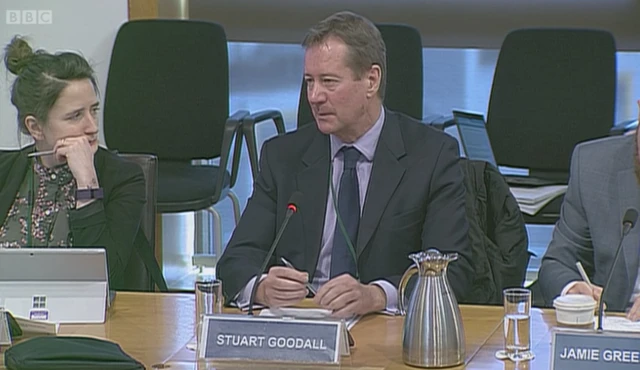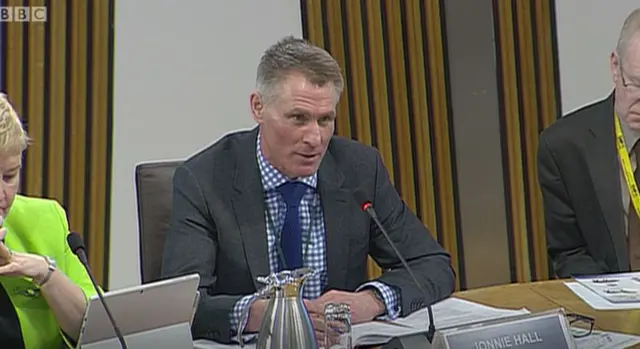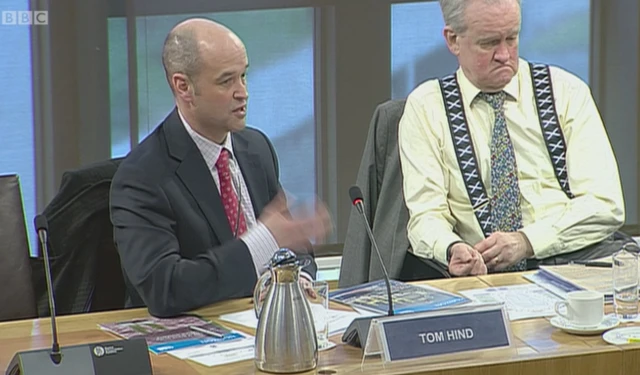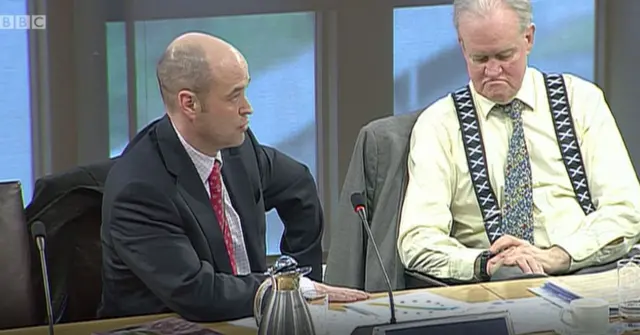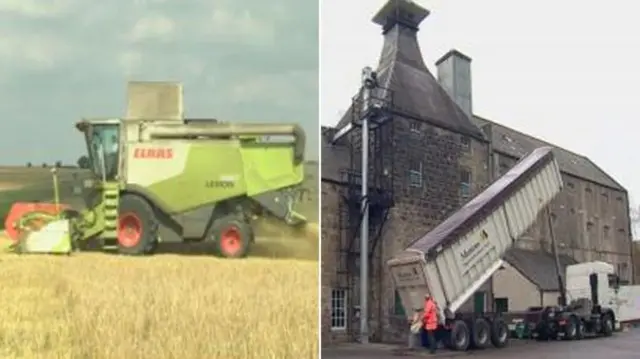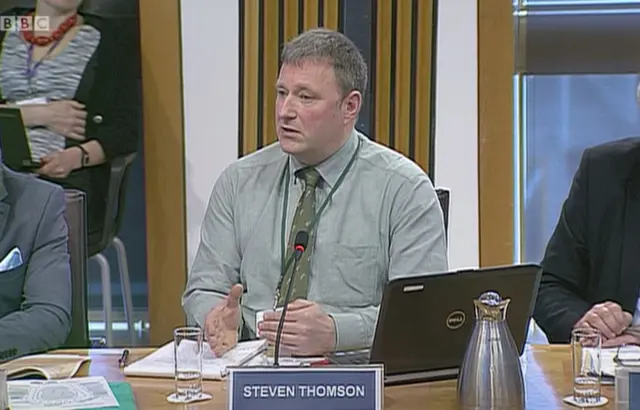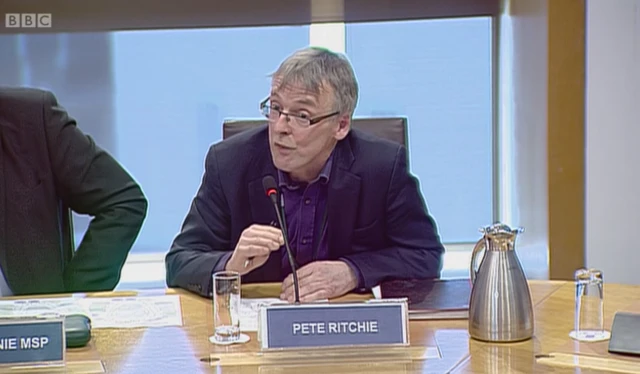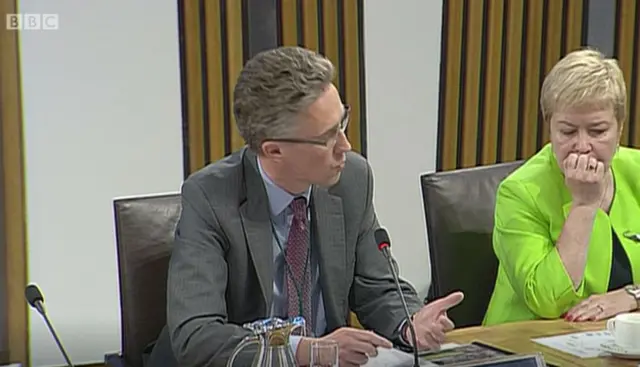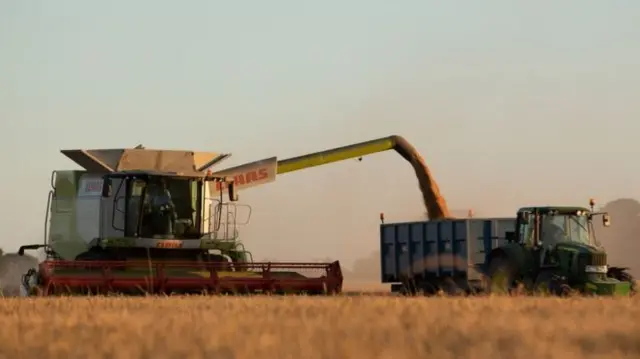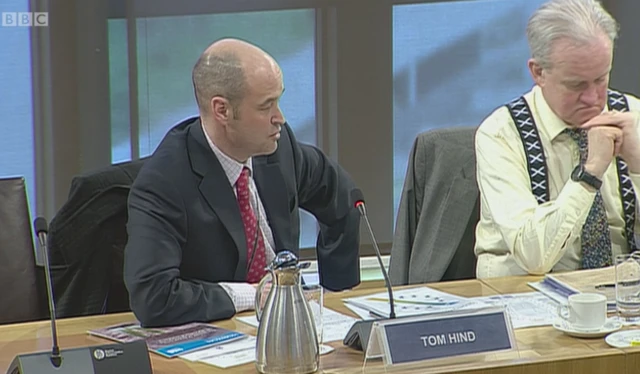Background: Scotland's FM Nicola Sturgeon calls for EU citizens guarantee
published at 11:44 GMT 22 March 2017
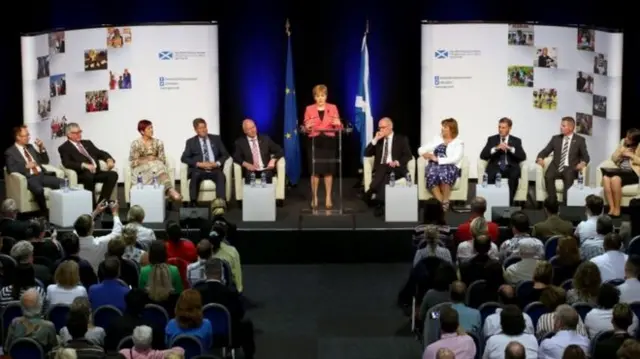 Image source, bbc
Image source, bbcMs Sturgeon hosted the question and answer session with EU nationals after a Scottish cabinet meeting in Edinburgh
Nicola Sturgeon has repeatedly called on the UK government to guarantee EU nationals living in the UK can remain after Brexit.
In August Scotland's first minister made her plea as she hosted a question and answer session with hundreds of EU nationals.
Many were concerned about whether they would have the right to live and work in Scotland when the UK leaves the EU.
Ms Sturgeon said it was "disgraceful" that the UK had not guaranteed the right of EU nationals to remain.
